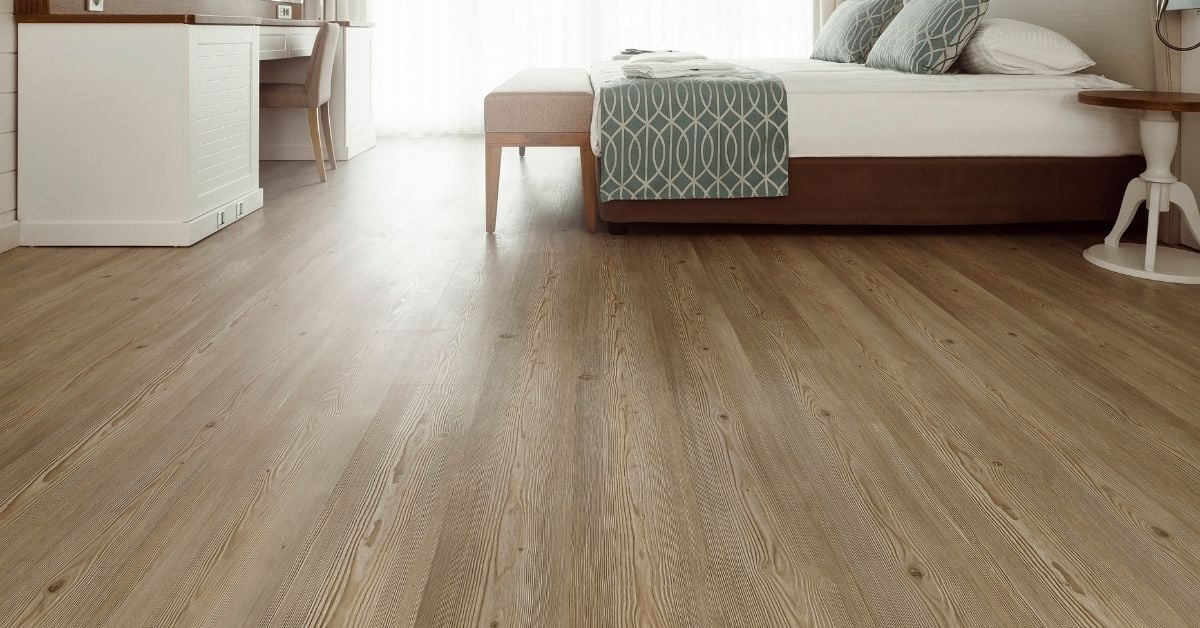Can you tell me if Eco-Friendly Hardwood Flooring is an option? This is a common inquiry among homeowners who are trying to decide between different flooring options. The environmental impact of hardwood floors is a concern for some, despite their widespread popularity. Learn about the pros and cons of installing hardwood floors, as well as whether or not they are environmentally friendly, in this article.
So, is wood flooring eco-friendly?
Wooden floors are good for the environment. Nowadays, you can choose from a wide variety of hardwood floors that are also friendly to the environment. These floors are eco-friendly because they are manufactured using renewable resources. Hardwood flooring is also very long-lasting, meaning it will not need to be replaced as frequently as other flooring options. Hardwood floors are a fantastic option if you’re trying to reduce your carbon footprint while renovating your home.
Benefits of eco-friendly flooring for the environment
The benefits of forests are numerous. They are crucial in preventing the worst effects of climate change and maintaining a stable global climate. The carbon dioxide produced by the burning of fossil fuels and other natural processes can be mitigated by planting trees and other vegetation. After releasing carbon dioxide into the air during photosynthesis, these organisms take it in and transform it into oxygen. A rise in atmospheric carbon dioxide is a major contributor to climate change and global warming.
Because it can take hardwood trees decades or even hundreds of years to reach maturity, cutting them down is an unsustainable practice. Eliminating fossil fuels and their by-products is a key part of the solution to climate change. Second, avoiding the decline and loss of forest cover through careful forest management.
Hardwood floors are natural, healthy, and good for the environment.
Wood flooring’s organic health benefits are one of its most distinguishing and alluring features. It is a sustainable, recyclable, and non-toxic natural resource.
- Dust, dirt, animal dander, and allergens can’t hide in hardwood floors. Patients with allergies, asthma, and similar conditions are often recommended hardwood floors by allergists.
- They have excellent insulating properties and can also be used to strengthen the framework of a building.
- Compared to other flooring materials, hardwood flooring gives off a lot less chemical pollution and greatly improves the air quality inside.
- They are made of “green” natural materials. In comparison to other flooring options, they offer the greatest environmental benefit.
- Hardwood flooring is very durable, lasts a long time, and can be completely refinished to look brand new. They’ll be around for a long time.
- Installing or fixing up hardwood floors is a common way for the real estate business to increase both the return on investment and the show quality. This has been true for a very long time.
Conclusion
Tree fruit and other commonly eaten foods may have a negligible effect on the planet. Most inorganic products, however, are derived from natural resources, and their extraction often results in the release of emissions and wastes. Once again, long-distance wood transport causes gas emissions from shipping vessels. Eco-Friendly Hardwood Flooring, however, should have zero negative effects on the environment at any stage of its life cycle.




